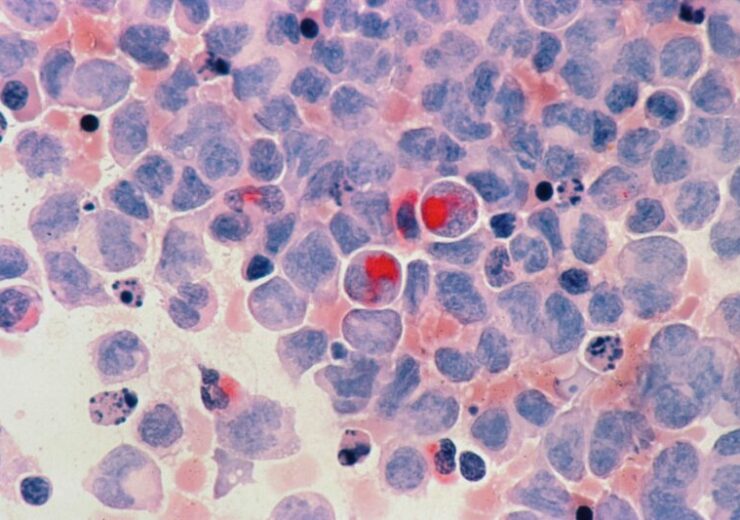Exelixis expects each of the licenced antibodies to have the potential to be turned into an ADC or other biologic therapy using a range of technologies

Exelixis has announced an agreement with Catalent for a license of three target programmes with lead antibody and/or ADC candidates. (Credit: National Cancer Institute on Unsplash)
US-based biotechnology company Exelixis has announced an agreement with Catalent for an exclusive license of three target programmes with lead antibody and/or antibody-drug conjugate (ADC) candidates of the latter’s subsidiary Redwood Bioscience.
According to the terms of the deal, Exelixis will pay $30m upfront to Catalent in exchange for the rights to the three biologics assets.
Exelixis will provide funding for Catalent’s development efforts until development candidate selection is finished. Upon completion, Exelixis will be in charge of managing preclinical, clinical, and commercial activities.
Additionally, Catalent will be entitled to sales-based royalties as well as development and sales milestone payments.
Exelixis scientific strategy executive vice president and chief scientific officer Peter Lamb said: “Exelixis is committed to building a robust biologics pipeline, and this agreement expands our portfolio to include three highly promising targets with broad potential in multiple solid tumor indications, including bladder, breast, lung, ovarian, pancreatic, and other cancers.
“We believe that the antibodies, ADCs and data Catalent has generated to date will enable rapid advancement of these programs, enabling an acceleration of our in-house biotherapeutics pipeline.
“We are excited for this new opportunity to continue our work together to advance additional programs that have the potential to provide patients with new therapeutic options.”
The ADC candidates involved in the deal were created using Catalent’s SMARTag technology. Each of the licenced antibodies has the potential to be turned into an ADC or other biologic therapy using a range of technologies, Exelixis said.
Exelixis and Catalent signed a new contract in September 2020, under which the latter will use its SMARTag bioconjugation technology to create ADCs using monoclonal antibodies from the former’s preclinical pipeline.
Redwood Bioscience created the SMARTag technology platform based on findings made in Carolyn Bertozzi’s laboratory. The platform offers linker and payload technologies for ADCs and other bioconjugates, as well as improved site-specific protein modification.
